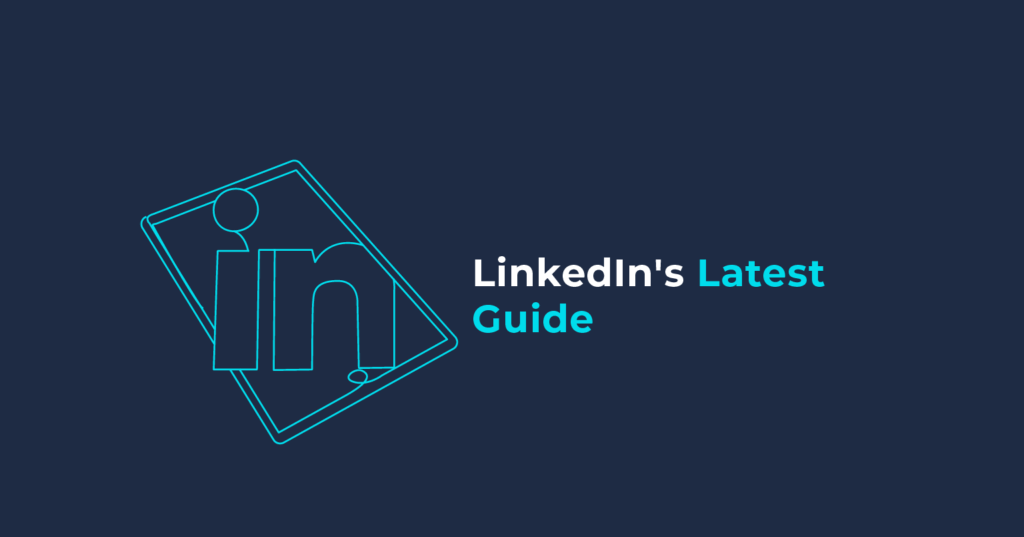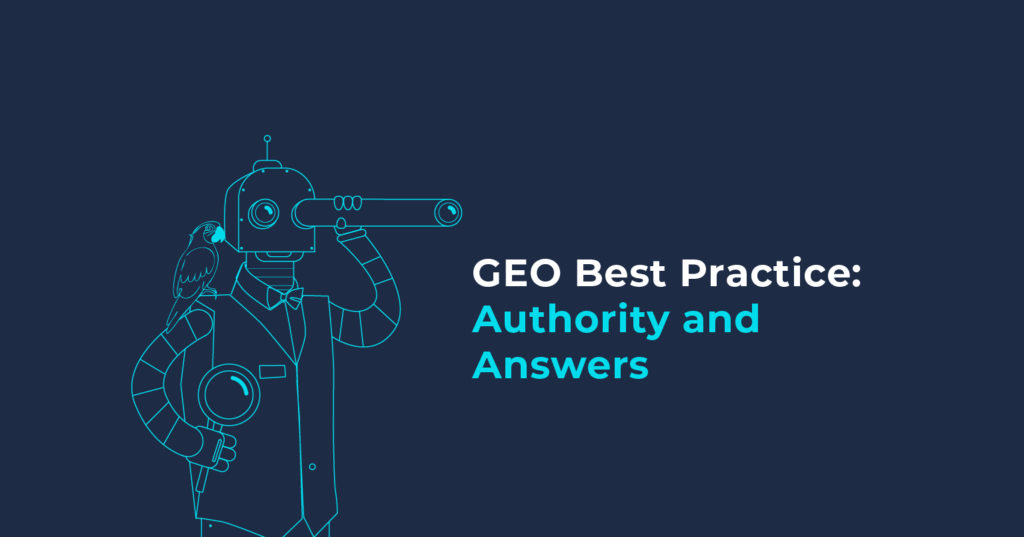Everything B2B Marketers Should Know about LinkedIn Content Creators
How you can transform your C-suite and employees into LinkedIn Content Creators—and why it’s a good idea.
Reading: 0118 322 4395 | Manchester: 0161 706 2414 | Oxford: 01865 479 625 | info@sharpahead.com | Office hours: Monday-Friday 9:00am - 5:30pm
| Office hours: Monday-Friday 8:30am - 5:30pm
| Email | Office hours: Mon-Fri 9:00am - 5:30pm
The Impact of Stricter DMARC Policies on B2B Email Marketing
Subheading
As technology evolves, so do the tactics employed by cybercriminals.

In an effort to protect their customers from spam and email attacks that spoof sender domains, both Google and Yahoo have announced stricter sender authentication requirements, which will come into effect later this week. These changes will have a significant impact on B2B email marketing practices, so it’s important for marketers to understand and adapt to these new policies.
Starting February 2024, both Google and Yahoo will impose increasingly stringent email authentication requirements. Sender domains that deliver more than 5,000 emails per day will be required to carry a DMARC (Domain-based Message Authentication, Reporting and Conformance) policy, which outlines how to handle unauthorised emails sent via your domain.
But even those who send fewer emails will face tougher measures. Failure to meet these requirements may result in the rejection of legitimate inbound mail due to the inability to validate the sender’s authenticity, potentially impacting the effectiveness of your B2B marketing campaigns.
The new requirements are categorised into two sets. All senders will need to follow the first set, while high-volume senders delivering more than 5,000 messages per day will need to adhere to additional rules.
Applicable to all senders:
Requirements for senders of more than 5,000 messages per day:
Keep in mind: These rules and best practices don’t just apply to marketing emails but also to regular business emails sent from the same domains. This includes your internal communications and any exchanges with clients, suppliers, stakeholders – literally anyone you email – so it’s important to be mindful of the main business email setup. If you neglect DMARC and that reduces deliverability of your marketing emails then that is undesirable, but not immediately business critical. However, if you make an erroneous change to your DMARC settings and that prevents delivery of normal business emails, that might have a catastrophic impact on your operations. With this in mind, it’s important to coordinate any DMARC changes with your company’s IT team or the people who look after your business email setup.
Most email marketing sending platforms – including Campaign Monitor, MailChimp and HubSpot – set their own requirements that represent their views of DMARC best practice, which they will enforce to protect the deliverability of their shared email servers. As a B2B marketer you might be tempted to take the view “I don’t send to personal email addresses / many emails so who cares if Yahoo and Gmail will bounce me”, but if you’re using someone else’s server you must comply with their policies – even if you only send 1 email a year – or risk getting your email tech account suspended.
You can check the status of your email domains and verify the status of your DMARC compliance. dmarcian’s domain checker is a useful tool, and their library of DMARC resources is a great place to signpost your IT team.
These stricter DMARC policies aim to enhance email security and protect users from malicious attacks. As a B2B marketer, it’s necessary to ensure compliance with these policies to maintain email deliverability, build trust with your audience, and keep this element of your digital marketing mix and daily email communications in motion. Adhering to email authentication protocols, monitoring spam rates, and implementing the necessary unsubscribe options will help you navigate these changes successfully. By following these guidelines, B2B marketers can continue to leverage email marketing effectively while safeguarding their reputation and maintaining strong communications with customers.
Remember, email authentication is an ongoing process, and continued efforts to ensure the security and authenticity of your email communications will contribute to the success of your B2B email marketing campaigns.
Stay up to date with the latest email marketing best practices, adapt your strategy to comply with the stricter DMARC policies and stay ahead of your competitors with our B2B digital marketing newsletter.
If you’d like help implementing these changes or with any other aspect of your B2B digital marketing, please get in touch!
How you can transform your C-suite and employees into LinkedIn Content Creators—and why it’s a good idea.
Learn how to build authority and craft AI-ready answers with GEO (Generative Engine Optimization) — a must-know for B2B marketers.
AI is changing the world fast and SEO is no exception. Here’s how to start preparing for AIOs and agentic search now.



B2B Digital Rocket Fuel straight to your inbox
Add your email address below to receive our biweekly newsletter and stay up to date with the latest B2B digital marketing news and insights.
You'll also get instant access to our growing catalogue of marketing resources.
“An invaluable resource for getting the latest and greatest ideas and tips on B2B digital marketing. My students also benefit from the industry insights.”
Louize Clarke, Founder, The Curious Academy
Reading Office
The Curious Lounge,
Pinnacle Building,
20 Tudor Road,
Reading,
RG1 1NH
0118 322 4395
reading@sharpahead.com
Manchester Office
CORE,
Brown Street,
Manchester,
M2 1DH
Oxford Office
Oxford Centre for Innovation,
New Road,
Oxford,
OX1 1BY
01865 479 625
oxford@sharpahead.com
© Sharp Ahead | VAT: 184 8058 77 | Sharp Ahead is a company registered in England and Wales with company number 08971343